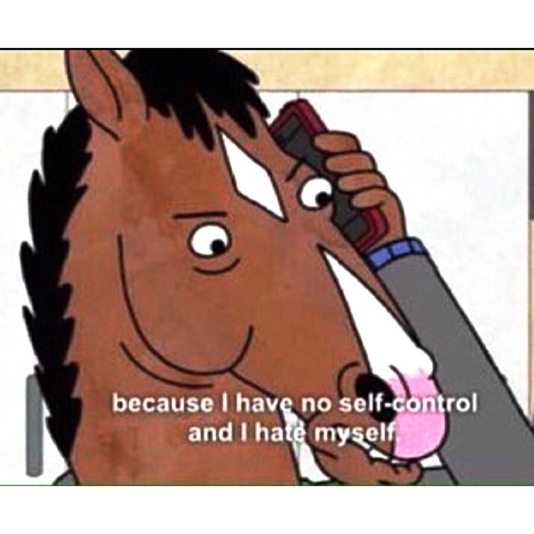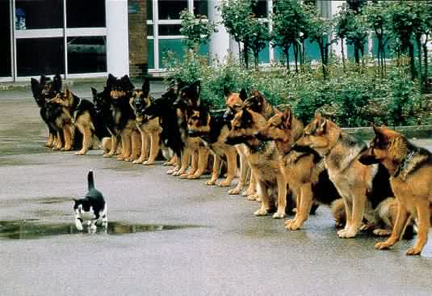Being strong and firm in your choices and decisions is a valuable skill to master.
It is a skill because in a world that is abundant with options, it can be really difficult to a) choose in the first place, b) be confident that the choice you made is the right one, and c) stick with your decision once you’ve made it and not “flake” on it.
Perhaps more importantly, an opportunity cost of deciding is time and there’s always another option where you could spend it better, spend it elsewhere, or simply to save it.
Because time is indeed a precious resource.
You have probably noticed how the importance of time trickles into and manifests itself in everyday language.
You spend time with people.
You try to find time.
People who would like some of your time ask politely whether you have a moment to spare?
There is no time like the present, so why waste it on trying to decide?
As Barry Schwartz, author of The Paradox of Choice puts it:
“Time spent dealing with a choice is time taken away from being a good friend, a good spouse, a good parent, and a good congregant.”
You also expend precious mental resources when trying to decide.
In my earlier posts on willpower, you will realise that using up your willpower and decision-making capabilities on one decision means you will have less to use for the other decision.
That’s why Barry urges us to:
“learn to be selective in exercising our choices. We must decide, individually when choice really matters and focus our energies there, even if it means letting many other opportunities pass us by. The choice of when to be a chooser may be the most important choice we have to make.”
And it’s not just trying to make a decision that uses up your willpower, merely thinking about making the decision will have the same effect.
The problem of abundant choice in the world rears its ugly head in the most inconspicuous of situations.
Like on a night out.
In his book Behavioral Economics Saved My Dog, behavioural economist Dan Ariely tackles this topic and comes up with a decent solution.
“When someone asks what do you want to do tonight?, what they are implicitly saying is: What is the most exciting thing we can do tonight, given all the options and all the people involved?
The problem is that figuring out the absolute best solution (the optimal solution) is very difficult.
First, we need to bring to mind all the possible alternatives; next we need to work out our preferences and the preferences of all the people in the group.
Then we have to find the one activity that will maximise this set of constraints and preferences.”
Okay so once you’ve gone through these motions – what’s next?
Ariely suggests:
“To overcome this problem, I would set a rule that limits the amount of time you are allowed to spend searching for a solution, and I would choose a default activity in case you fail to come up with a better option.
For example, take an acceptable good activity (going to drink at X, playing football at Y) and announce to your friends that, unless someone else comes up with a better alternative, in ten minutes you are all heading out to X or Y.
I would also set up a timer on your phone to make it clear that you mean business and to make sure that the time limit is honoured.
Once the buzzer sounds, just start heading out to X or Y, asking everyone to come with you and tell the people who do not join you immediately that you will meet them there.
After repeating this tactic a few times, your friends will get used to it and you should experience an end to this wasteful habit.”
What you can do
It’s tough making decisions.
But sometimes, among all the options that you’re considering, it doesn’t necessarily matter what you choose.
Dan Ariely explains why:
“The larger point is that once we have spent a substantial amount of time on a decision, and we still can’t work out which option is the best, it must mean that the overall value of the competing options is more or less the same. It is not that the options are identical, but that the difference in their overall quality is hard to distinguish.”
So if – on a night out for example – you’re having trouble deciding between option A, B, and C which are identical in value then save yourself the trouble and just choose any option.
You’d be surprised to notice that once you’ve confidently made the decision to go to place A and lead the group, that option somehow becomes more valuable because it’s moved the interaction forward.
And your unwavering confidence in your decision and you’re enthusiasm about your choice rubs off on your group of friends.
And more often than not, the choice you made turns out to be the right one.
P.S. Thanks for reading. If you liked this, feel free to sign up to my email list.


